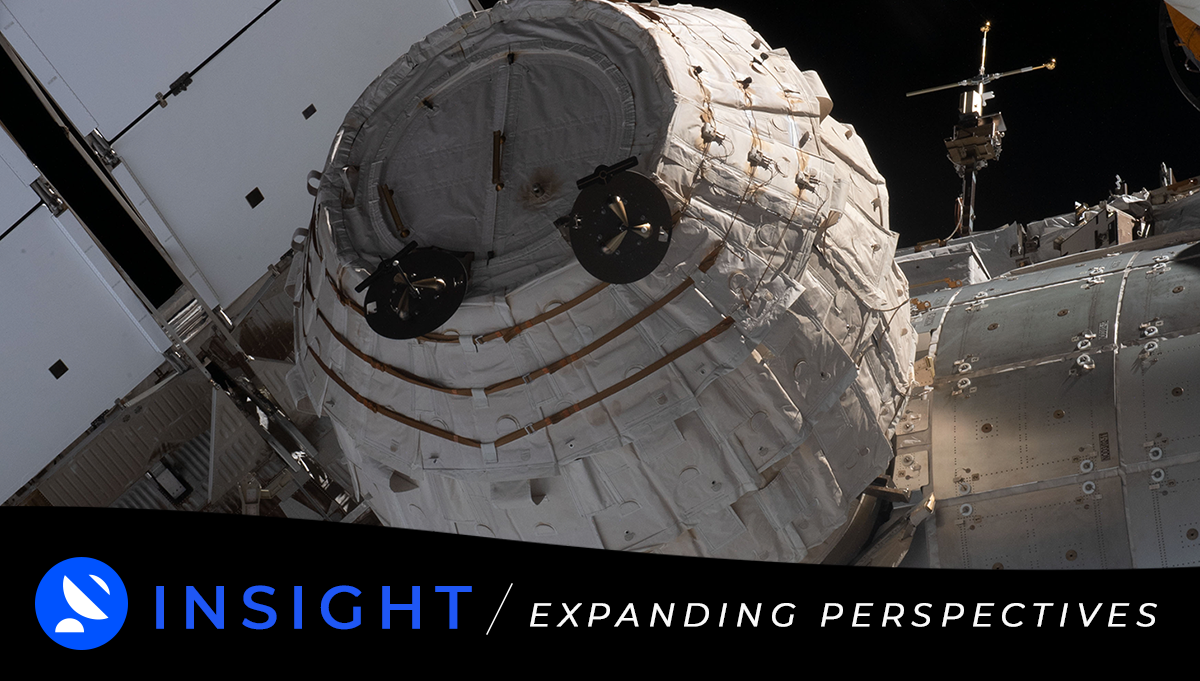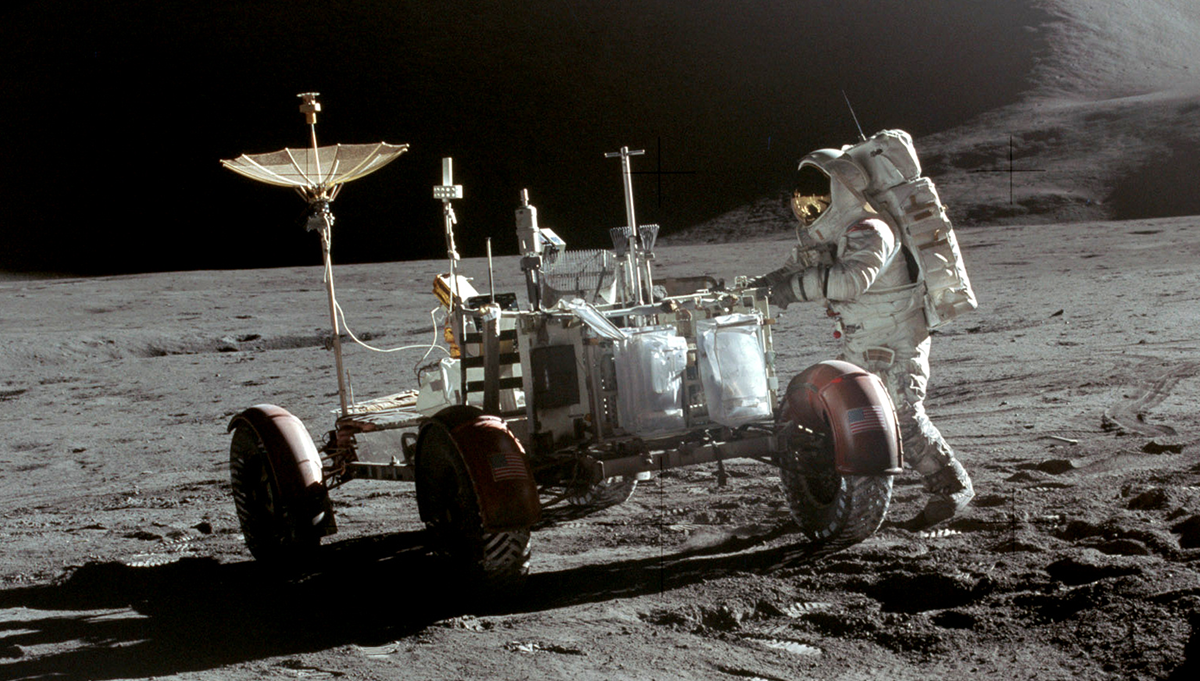Systems Engineering Leadership Program Requirements
The Systems Engineering Leadership Program (SELP) requirements include:
- Provide a comprehensive development program that provides for leadership and technical development, training and benchmarking, coaching, and mentoring.
- Provide opportunities for employees from across NASA to participate in a year-long developmental program. Participants are to be GS-13 or GS-15 engineers or AST equivalents. Participants from the Jet Propulsion Laboratory (JPL) must be Senior Systems Engineers.
- Provide a process that ensures the selection of high potential participants who have proven technical/discipline capability, and who have demonstrated key leadership capabilities and behaviors. Select individuals who are nominated by their Center Director and Center Engineering Director and who are expected to lead higher-level or more complex efforts in the next 18 to 24 months versus employees who are merely available.The SELP competitive process ensures that:
- Participants have demonstrated the leadership behaviors and aptitude that NASA identifies as critical to becoming an expert Systems Engineer (see Systems Engineering Leadership Behavior Model), along with demonstrated technical/discipline capabilities (see APPEL Systems Engineering Technical/Discipline Competency Model and NASA Systems Engineering Training).
- The most qualified nominees are selected for this opportunity at the right time in their career, when this learning will have the greatest impact.
- Participants have the experience and attitude to be successful in the program.
- There is an appropriate assignment available to meet the participants developmental needs.
- Participants have the top-level Center engineering leadership support needed to be successful in the program, and to be placed in a position that quickly applies this learning upon return to the Center to ensure maximum transfer of learning and return on investment.
- Ensure that the program offered provides an integrated learning approach that allows participants to:
- Gain hands-on developmental experience outside the participant’s home Center that will broaden and improve their discipline knowledge, skills and abilities to lead complex Agency-wide programs and projects;
- Obtain development and coaching needed to enhance key leadership skills and abilities and improve or adopt behaviors that NASA has identified as critical to becoming a highly effective Systems Engineer;
- Obtain critical thinking, systems thinking, judgment, and decision making skills, through training and case studies necessary to make system trade-offs to optimize program and project effectiveness;
- Create an Agency-wide learning community and network of Systems Engineers across NASA;
- Obtain mentoring by top NASA systems engineers both at their home Centers and at their developmental assignments;
- Improve leadership effectiveness through coaching and feedback;
- Provide interactions and learning from key NASA and outside leaders;
- Provide technical training before the start of assignments that are critical to success.
- Benchmark with other NASA Centers and world-class outside Systems Engineering organizations.
- Ensure Centers have for individual development plans (IDP) for each participant. Identified experienced Center systems engineering advocates will perform gap analysis for each participant and match participants with the appropriate developmental assignment.





